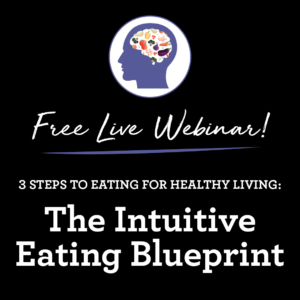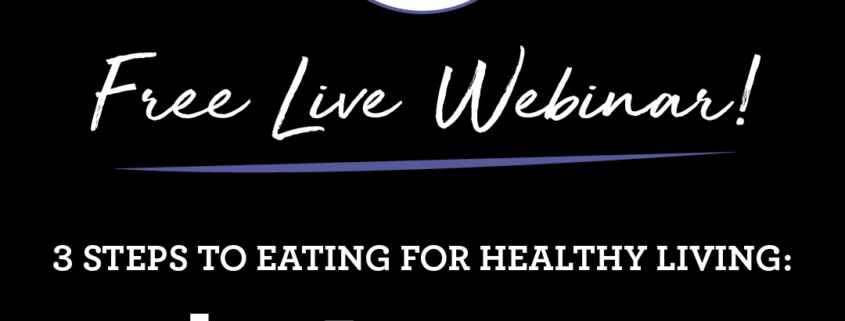Dieting is NOT the Answer to Better Health
 After going on diet after diet, do you truly feel “healthier”? The answer to this is probably no!
After going on diet after diet, do you truly feel “healthier”? The answer to this is probably no!
So why do we keep falling into the mind trap of “I need to keep dieting to be healthy”?
This is a common misconception that many people think! However it is not the case! There has been major bodies of evidence suggesting that dieting is not a sustainable strategy for weight loss and does not promote a healthy lifestyle. In fact, “dieting for health” has been associated with many problems that actually work against you and impact your health negatively. In other words, when it comes down to it—dieting is causing more harm than good to our bodies!
Here are some of the common side effects to dieting:
- Rebound weight gain. Did you know that about 80-95% of people that diet to intentionally lose weight will gain the weight they had originally lost (plus more!) back? Weight regain after a diet is very common! This is because during periods of dieting, you are restricting your body from specific foods or even food groups. Once you have restricted long enough, you are likely to crave these foods more and more because you are denying your body what it needs! Then the moment your diet is “over” you will find yourself binging, or overeating, the foods or food groups you were dramatically restricting.
- You’ll be obsessed with food. As you go on diet after diet, dramatically restrict your intake and ignore what your body is telling you it needs, this sends the message to your brain that; “I am starving! I need food! Please feed me!”. These signals are a biological survival mechanism that prevents us from starvation, and newsflash—you can’t’ fight biology! By choosing to ignore these messages, you are likely to think about food nonstop. Soon your whole world is going to revolve around food. You’ll find yourself thinking about your next meal, or the foods you can or can’t eat while out with friends or family—this is no way to live!
- No longer able to detect hunger-fullness signals. With whatever diet you find yourself on, you are usually relying on external cues to guide your eating. Whether it’s made up “food rules”, a diet plan, calorie tracking, points, the scale—these things are teaching you to ignore your own natural biological signals that were made to help detect hunger, fullness and satisfaction. If you choose to ignore your own body signals and allow external cues to control you, your hunger and fullness signals can’t hang on for long. If you don’t use them, you’ll lose them!
- Slowed metabolism. Dieting typically means; “I can only eat ____ amount every day”, or “I’m going to eliminate ______ from my diet.” Either way, the bottom line is you are ignoring what your body is asking for and denying what it needs. Without enough calories or energy from food, this forces your body to find other sources to keep the body going. If food is not available to be used for energy, the next best thing is muscle! Yes, your body will break down your muscle to keep it going. With a low level of muscle, also known as low muscle mass, this creates a slower metabolism. A low muscle mass combined with a slowed metabolism causes your body to become more efficient at storing fat and using less energy—both of which are not so great for our health!
- Negative emotions when diets fail you. Let’s face it, dieting can feel like a never ending rollercoaster. You start off so strong and high up. You’re following your “diet rules”, eating what you “should be”, and putting all your energy into being “good” on your diet. But the moment you “mess up” it takes a sharp turn and you immediately feel shame, guilt, anxiety or like a failure. This emotional up and down is extremely damaging to both our physical and mental health, as well as deepens the negative relationship we have with food.
If any of this sounds familiar and you’re ready to give up dieting for good, join me in my free webinar—3 Steps to Eating for Healthy Living: The Intuitive Eating Blueprint.
Date: October 12, 2021 at 5 pm EST (replay will be available).
Click HERE to register for free.
(If you’re reading this blog after October 12, 2021, you can get on the waitlist for the next webinar by clicking here.)



